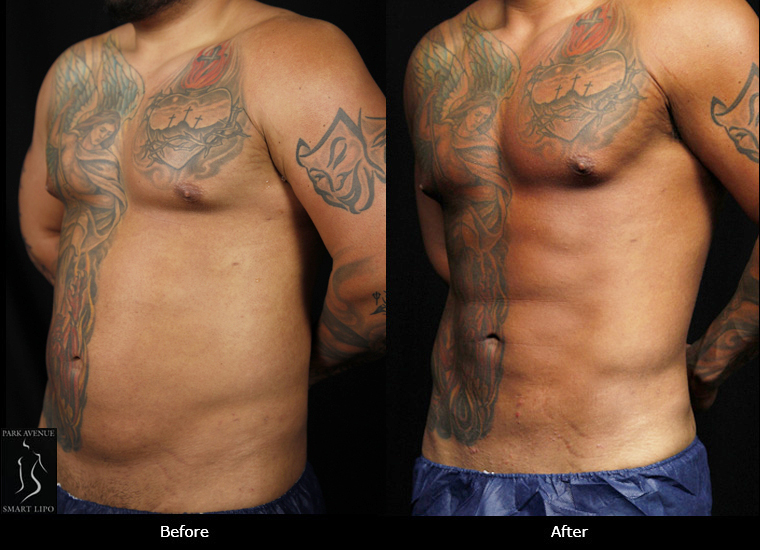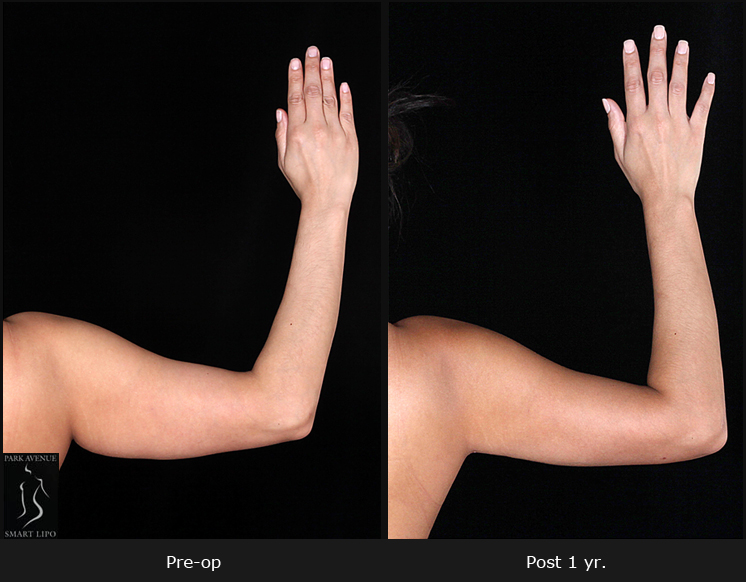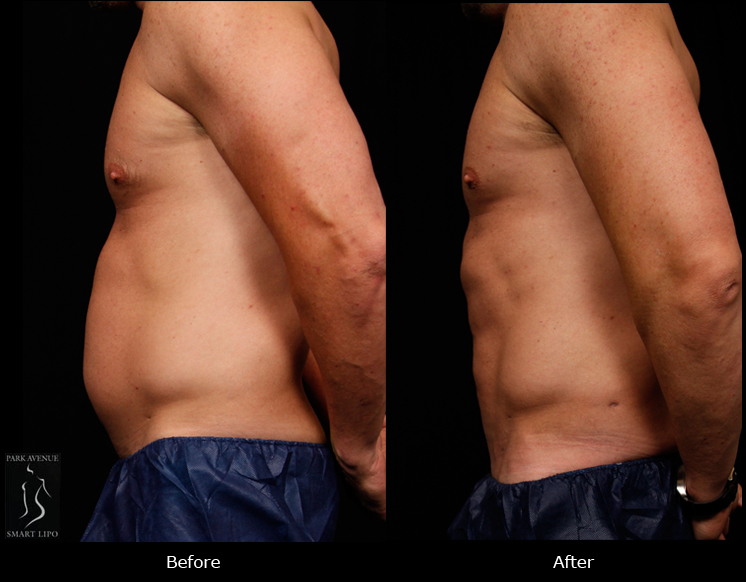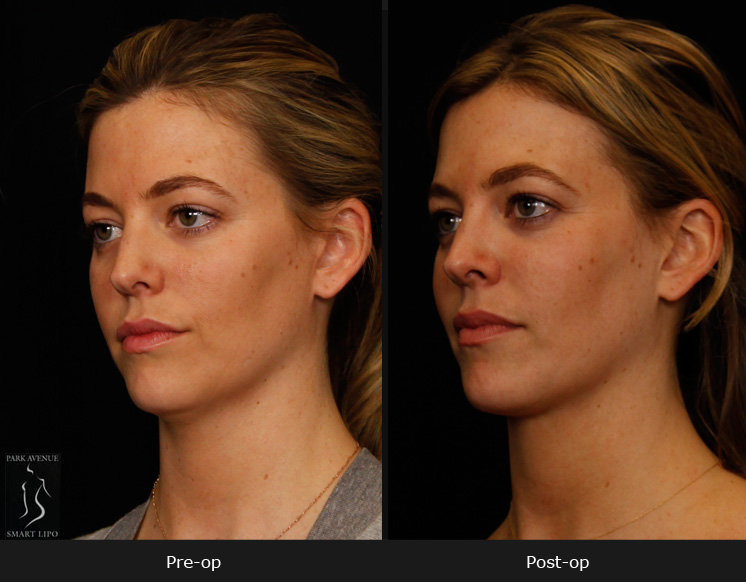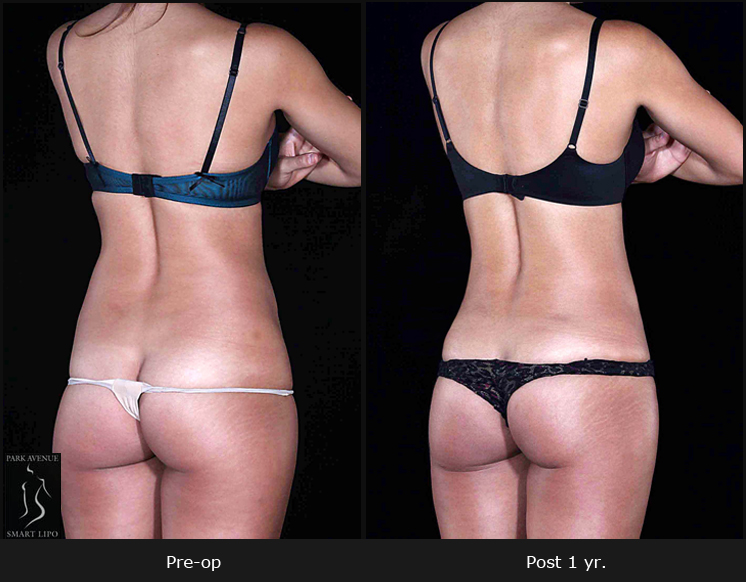Factors such as aging, genetics, and lifestyle contribute to fat build in various body areas. Weight gain affects physical appearance and self-confidence, and importantly, causes medical concerns. When diet and exercise don’t work, many individuals consider getting liposuction to get rid of stubborn fat. Laser liposuction in New York is a favored option as it offers excellent outcomes without surgical intervention. But what’s the real solution when it comes to changing your physique-lipo or weight loss? You’re not alone in wondering which of these options is right for you. Understanding the key differences between liposuction vs weight loss can help you choose the right approach for achieving your body goals.
What Can Liposuction Do?
Is liposuction a weight loss solution? No, it is not.
Liposuction is a body contouring procedure that is recommended only for people who are close to their ideal body weight, but have excess fat in specific areas. This means candidates for this fat removal procedure don’t have to be “big”.
Laser liposuction works by liquefying fat, which allows it to be easily removed. The procedure involves using a small cannula to deliver laser energy to the treatment site via a tiny incision, which melts the fat so that it can be gently suctioned out. As the procedure is minimally-invasive, it is performed using local anesthesia. Recovery is quick and most patients get back to routine activities within a short time. Risks like bleeding, swelling and infection can be minimized with proper care during recovery.
This fat removal treatment works for those who have stubborn fat in specific body areas. It is a safe and effective way to address love handles, belly fat, a double chin, flabby upper arms, and localized fat deposits in other areas. To be a good candidate, you should be healthy, have a stable, normal weight, and maintain realistic expectations about what the procedure can do for you. Preserving your results requires a healthy lifestyle with proper diet and exercise.
What Does Weight Loss Actually Mean?
Unlike the fat reduction treatment mentioned above, weight loss focuses on reducing overall body fat through a lifestyle that combines diet, exercise, and other healthy habits.
Traditional weight reduction methods include:
- A balanced, nutritious diet that includes natural, unprocessed foods, especially plant-based foods. Such diets provide you with all the nutrients and minerals you need to stay healthy and function well.
- Regular physical activity, including aerobic exercises like brisk walking, running and biking.
- Modifying lifestyle includes making changes to daily habits and behaviors, managing stress, getting enough sleep and avoiding smoking and excessive alcohol consumption.
The health benefits of weight loss include lower risk of chronic medical conditions like cancer, heart disease, hypertension, cholesterol, and Type 2 diabetes. Losing weight naturally can improve your energy levels, help relieve joint pain, improve existing health conditions, and boost your confidence.
Now let’s see what natural weight loss methods can and cannot do.
Cannot remove fat cells: By the time we reach adulthood, the body has a fixed number of fat cells that do not change during our lifetime. When you gain weight, these fat cells expand. When you shed pounds naturally, these fat cells simply shrink in size. As you don’t lose these fat cells even when you shed weight naturally, they can cause weight gain again after over time.
Cannot reduce fat in specific areas: When you lose weight through traditional methods, fat deposits in certain areas of the body may not budge. In other words, even if you diet and work out rigorously, it doesn’t guarantee that it will reduce fat from specific areas. Studies have shown that spot-reducing fat doesn’t actually work, notes an article published by the American Society of Plastic Surgeons (ASPS).
Removes visceral fat: Losing weight through diet and exercise reduces visceral fat—the fat that surrounds the internal abdominal organs and is dangerous to health. Liposuction cannot remove this fat. The procedure can remove only soft, subcutaneous fat deposits that build up just under the skin on various body areas.
Liposuction vs. Natural Weight Loss: What’s the Difference?
| Liposuction | Natural Weight Loss |
| A surgical procedure that removes fat from specific body areas | Losing weight naturally through healthy eating, exercise, and lifestyle changes |
| Uses suction to remove fat from areas like the belly, thighs, or arms | Laser heat melts fat and tightens skin |
| Results are seen in days or weeks—but full healing takes time | Results take weeks or months, but last if you stick with it |
| Stubborn fat in certain spots that don’t respond to diet or exercise | Targets overall weight and body fat |
| Mainly improves appearance | Improves heart health, energy, sleep, and more |
| Risks include swelling, bruising, infection, or uneven results | Few risks if done right |
| Fat can return if you don’t keep up with healthy habits | Long-lasting results with a healthy lifestyle |
| Requires rest and time off—usually 1 to 2 weeks | No downtime-you can keep going about your day |
| Best for those near their ideal weight but struggle with small fat pockets | Ideal for those wanting to lose weight naturally and improve their overall health |
When to Consider Liposuction
Body contouring is not a substitute for a healthy lifestyle that focuses on weight loss through diet and exercise. If your concern is stubborn fat deposits in specific areas like the abdomen, arms, flanks, and so on that don’t respond to diet and workouts, you could consider liposuction.
Consult a qualified and experienced plastic surgeon to learn more about liposuction vs. weight loss and which is the best option for you.
Find out if liposuction is the right choice for your body and goals.
Schedule your consultation today!


